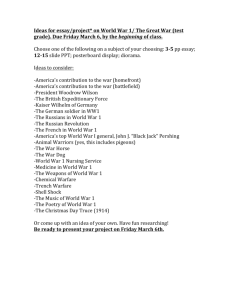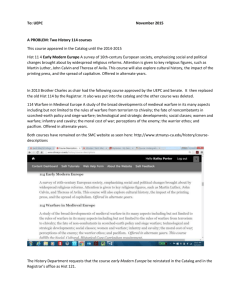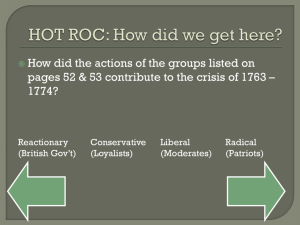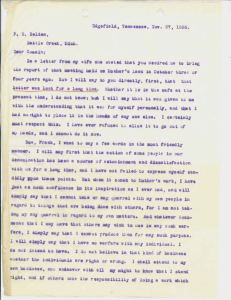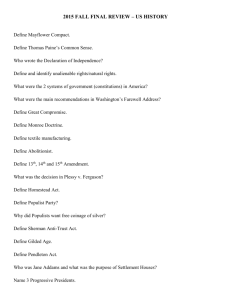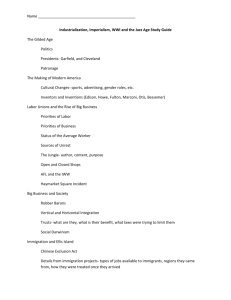King's College London and the Challenges to International Law
advertisement
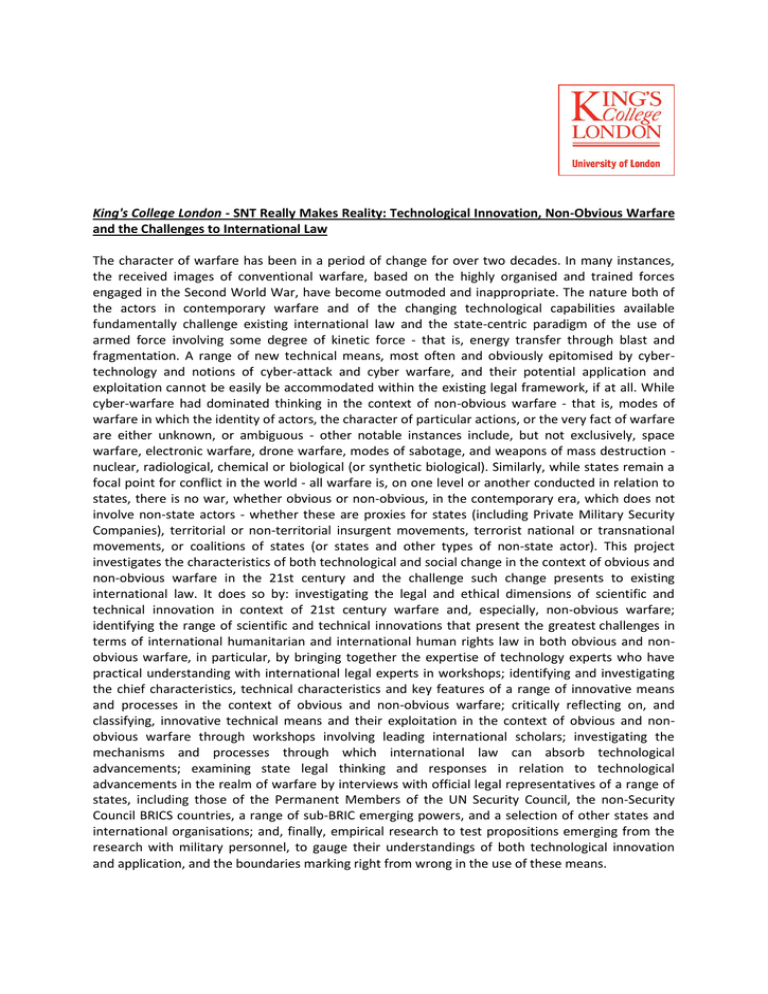
King's College London - SNT Really Makes Reality: Technological Innovation, Non-Obvious Warfare and the Challenges to International Law The character of warfare has been in a period of change for over two decades. In many instances, the received images of conventional warfare, based on the highly organised and trained forces engaged in the Second World War, have become outmoded and inappropriate. The nature both of the actors in contemporary warfare and of the changing technological capabilities available fundamentally challenge existing international law and the state-centric paradigm of the use of armed force involving some degree of kinetic force - that is, energy transfer through blast and fragmentation. A range of new technical means, most often and obviously epitomised by cybertechnology and notions of cyber-attack and cyber warfare, and their potential application and exploitation cannot be easily be accommodated within the existing legal framework, if at all. While cyber-warfare had dominated thinking in the context of non-obvious warfare - that is, modes of warfare in which the identity of actors, the character of particular actions, or the very fact of warfare are either unknown, or ambiguous - other notable instances include, but not exclusively, space warfare, electronic warfare, drone warfare, modes of sabotage, and weapons of mass destruction nuclear, radiological, chemical or biological (or synthetic biological). Similarly, while states remain a focal point for conflict in the world - all warfare is, on one level or another conducted in relation to states, there is no war, whether obvious or non-obvious, in the contemporary era, which does not involve non-state actors - whether these are proxies for states (including Private Military Security Companies), territorial or non-territorial insurgent movements, terrorist national or transnational movements, or coalitions of states (or states and other types of non-state actor). This project investigates the characteristics of both technological and social change in the context of obvious and non-obvious warfare in the 21st century and the challenge such change presents to existing international law. It does so by: investigating the legal and ethical dimensions of scientific and technical innovation in context of 21st century warfare and, especially, non-obvious warfare; identifying the range of scientific and technical innovations that present the greatest challenges in terms of international humanitarian and international human rights law in both obvious and nonobvious warfare, in particular, by bringing together the expertise of technology experts who have practical understanding with international legal experts in workshops; identifying and investigating the chief characteristics, technical characteristics and key features of a range of innovative means and processes in the context of obvious and non-obvious warfare; critically reflecting on, and classifying, innovative technical means and their exploitation in the context of obvious and nonobvious warfare through workshops involving leading international scholars; investigating the mechanisms and processes through which international law can absorb technological advancements; examining state legal thinking and responses in relation to technological advancements in the realm of warfare by interviews with official legal representatives of a range of states, including those of the Permanent Members of the UN Security Council, the non-Security Council BRICS countries, a range of sub-BRIC emerging powers, and a selection of other states and international organisations; and, finally, empirical research to test propositions emerging from the research with military personnel, to gauge their understandings of both technological innovation and application, and the boundaries marking right from wrong in the use of these means.
